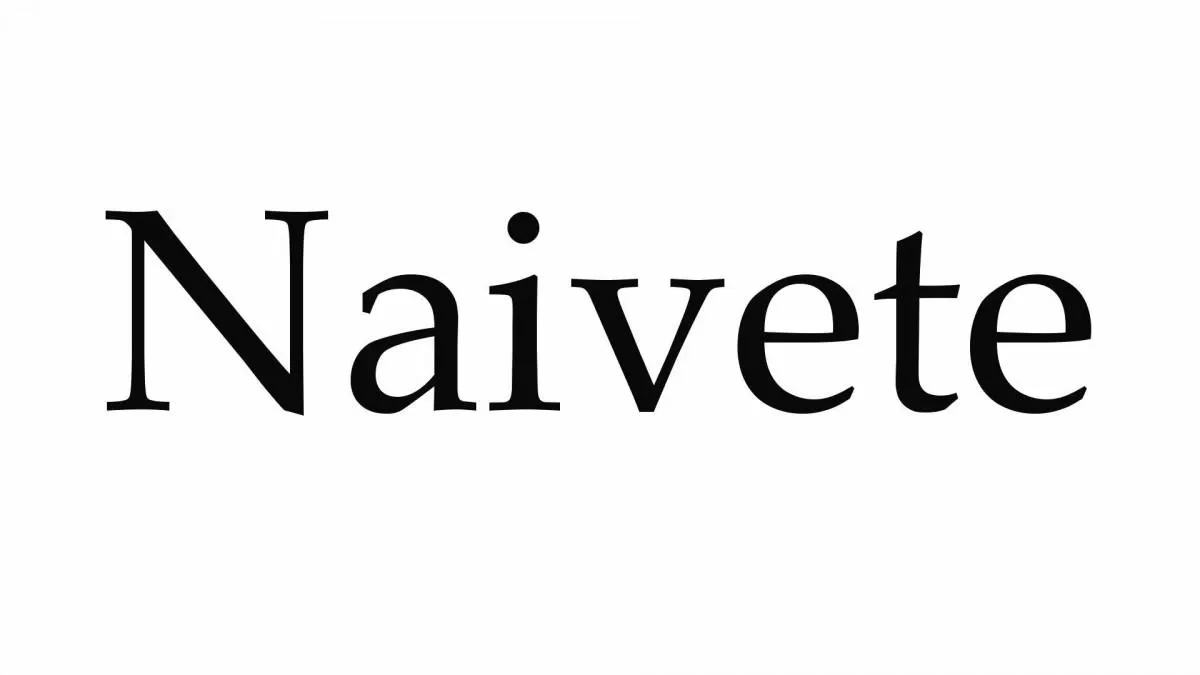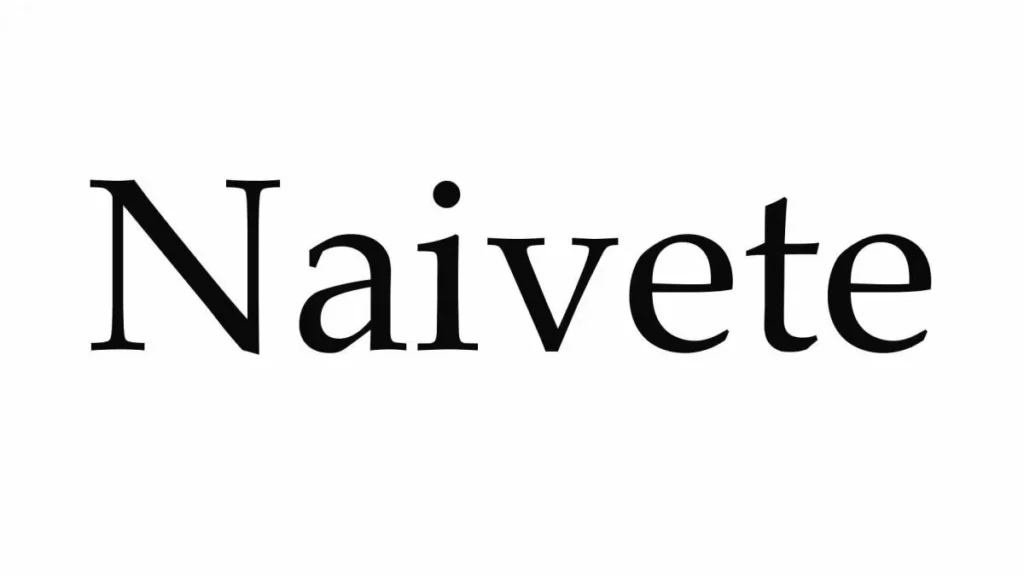Listen instead
Here’s a fact, naivete is a good quality to possess if the doses are within each individual’s permissible range.
Many of us arrive at a point in our lives when we question every single thing in our lives. It is also when we broadly assess how our lives have unfolded and the mistakes we have made.
Usually, we would then attribute our failures to ignorance or naivete, and we would dwell on that. If only I were wiser, we’d say. Or, I am an idiot, as we’d continue.
Here’s the truth, most of us are born naive, and it becomes a story of our reality for as long as we have breath. Naivete may dissolve quite substantially, but it may never leave altogether.

And perhaps it shouldn’t, for what is naivete if it’s not for the bit of freedom it also provides us as imagination?
Naivete is liberating in that, although primarily a proponent of failure, it is also unstructured. The brain is not thinking; it’s illogical. And in this sense, illogical may be a prerequisite for creativity.
I do not believe that we should disregard it altogether as well. Because naivete can be a great asset if well used.
Follow me a bit here.
Naivete is not a quality that leads to doom one hundred per cent of the time.
Naivete is a quality of blind faith, and that often results in one or two ways.
Former president Nelson Mandela once narrated how the spirit of youth was vital to their efforts in fighting the system of the day. What may he have meant by that?
Did he foresee that he would spend twenty-seven years of his life in incarceration? If he did, would he have opted for the route he took?
Here is the difference, you can exist in one of three spaces or two of three:
-
You could be a staunch conservative, also known as methodical.
-
You can be wildly liberal, also known as irrational.
-
You could be in the grey areas.
But guess what? Naivete lies in all three stages above.
Here’s what I mean, conservatives are naive to the experiences of the liberals and vice versa. Maybe ignorant is more the word here, but still.
Whenever we are immune to a system or a way of life, or its laws, then we are ignorant of its consequences. Therefore, you are naive to everything that you do not know.

And that is okay because you won’t know all there is to know. You will always be naive somehow. The brain has limits in working and stored memory, and you are privy to that.
But here is why I believe we should be educated but naive beings. And how.
I believe that over-analysing life is heavy and expensive on our minds. Secondly, not all data is within our scope of contention and comprehension, hence the room for faith.
It can be argued within a reasonable distance that some parts of the world are forever closed from us.
If this is true, then why bother with them?
Naivete works on the supposition that the world is a big place, and sometimes things may work in your favour.
And even when we do find ourselves planning and being systemic, we can only partially do so. Therefore, there will always exist room for chance in all we do, which invites a torrent of possibilities that we are ignorant of or divorced from. We are naive of them. And that is a human condition!
But we must be educated, therefore, able to reduce illogical thinking to reasonable grounds. But not wholly absent from it(irrationality).

It helps to believe that the world can work in your favour, and I would argue with anyone on that front.
And for those who nicely married naivete and faith, the world became their oyster. They become those few people that create amazing things in the world. They did not over-analyse.
Thanks.
I am open to comments; after all, I am naive enough to write regardless of whether people read my post or not. But I still hope that they do.




